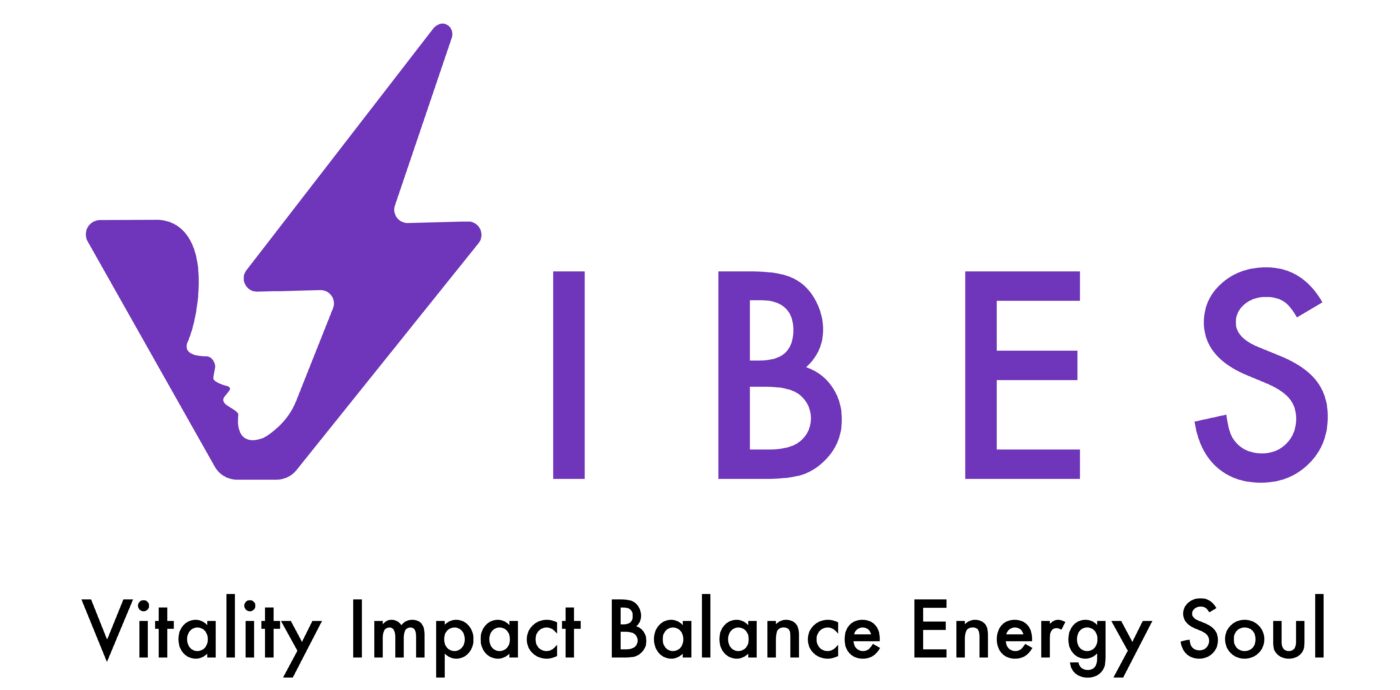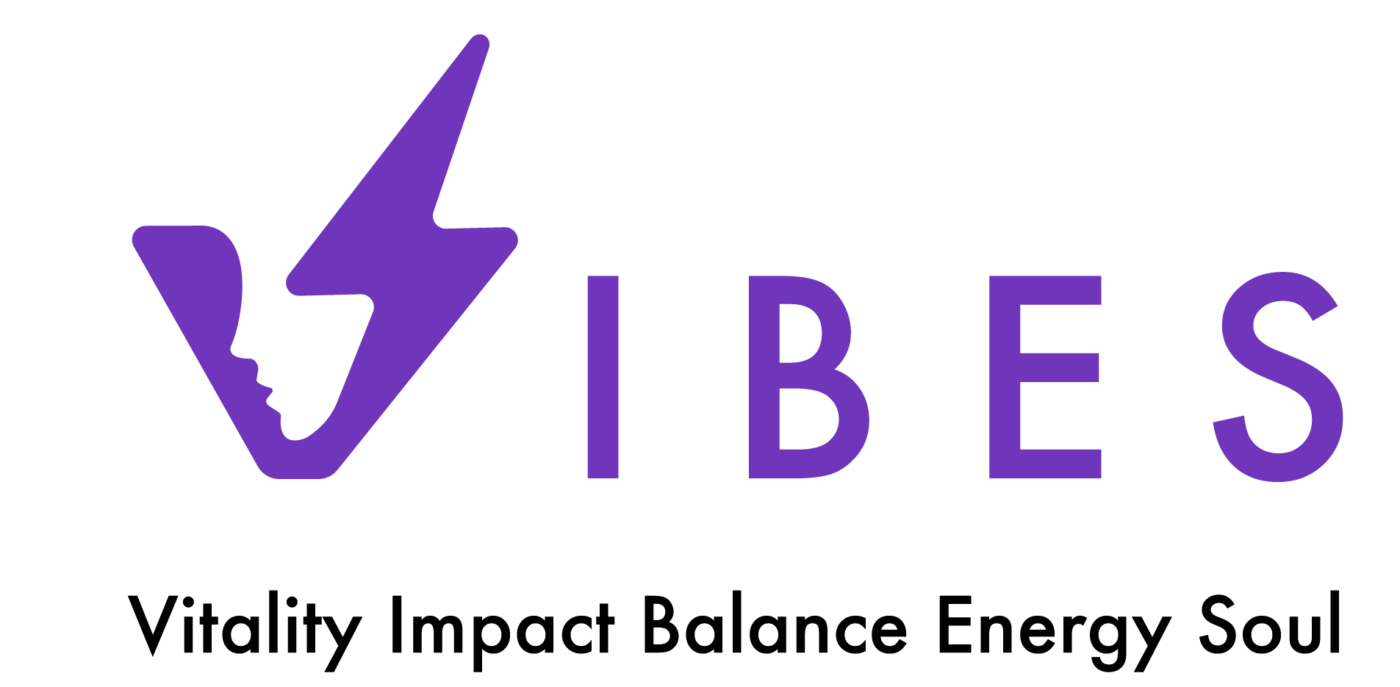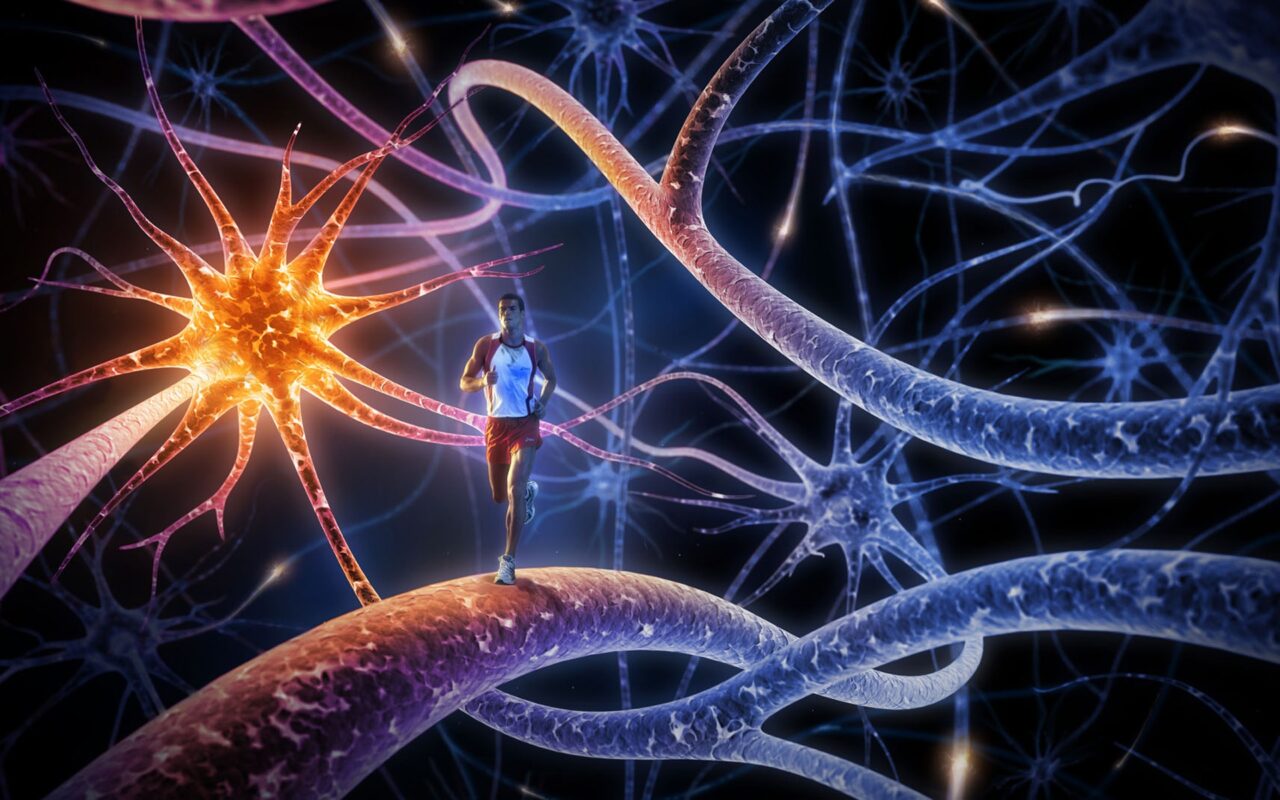Dopamine is one of the many neurotransmitters or chemicals that deliver messages across the brain. Dopamine is fondly known as the ‘feel good hormone’ responsible for memory, motivation, rewards, sleep and mood. It is a crucial chemical for the overall wellbeing of a person and can have a major ripple effect across all aspects of our health.
As a general rule, the body produces all dopamine it needs. However, sometimes our lifestyle and habits may get in the way of our bodies natural methods of dopamine production that may cause a dopamine shortage. Symptoms may be insomnia, fatigue, apathy, muscle stiffness, lethargy and a lack of motivation.
Routine lifestyle changes help us to avoid such scenarios. Let’s explore how an extra boost may be given should we require it.
Aerobic Exercise
Harvard’s John Ratey in his studies on exercise and the brain documents the complete suite of hormones that are released through aerobic exercise. All major mood balancing hormones, dopamine, serotonin and oxytocin and the neuro transmitting endorphins, (better known as the body’s natural opiates) are produced during and after exercise. His treatment of patients with ADHD and dementia indicate the exercise is a better medication option than any of the major drugs used to control or manipulate such conditions.
In a recorded presentation at Google, he provided easy to follow explanations that clearly set out the workplace and lifestyle benefits of exercise from a neuroscientist and psychiatrist’s point of view. If you are melancholic, distracted, sad, or simply ‘don’t feel good’, most of these conditions are quickly and easily overcome with a bout of aerobic exercise. More than just balancing your mood, the increase in dopamine and serotonin that are sometimes known as “A Runners High” raise hormone levels for up to 4 hours post-exercise.
In a strange twist, exercise promotes muscular tiredness, assisting depth, quality and length of sleep.
Make sure that you get enough sleep
Getting proper sleep is vital for the production of dopamine. The natural rhythms of producing and excreating dopamine get interrupted and disrupted when sleeping patterns change. Adults normally require about 7-9 hours of sleep. Studies have shown that sleep deprivation is directly linked to decreased alertness due to dopamine level fluctuations. (Volkow et al., 2012).
Consuming Probiotics
Probiotics are microorganisms living in your digestive tract. Studies have identified a distinct increase in the production of dopamine with the increased consumption of Probiotics. The mood and anxiety of the subjects who participated in the study had improved significantly
Eating lower amounts of saturated fat
Research suggests that there is a link between the consumption of saturated fats (Butter, Dairy, and palm oil) Since the studies have only been carried out amongst rats, the implications for humans has proven elusive. Further research is required to test the findings in human populations
Meditate
It may seem unrelated on many levels, yet meditation has been shown to have positive benefits on dopamine production, in part because of the reduction of cortisol in the blood. If you find being positive and motivated difficult, don’t skip this easily overlooked, a profoundly powerful dopamine enhancer. Simply clearing your mind, allowing thoughts to flow without focusing on causation has been investigated by Dr Andrew Humberman at Stanford’s Huberman Lab.
References:
Volkow, N., Tomasi, D., Wang, G., Telang, F., Fowler, J., Logan, J., Benveniste, H., Kim, R. and Thanos, P., 2012. Evidence That Sleep Deprivation Downregulates Dopamine D2R in Ventral Striatum in the Human Brain. The Journal of Neuroscience, [online] Available at: [Accessed 12 May 2021].
Dr John Ratey Google Workplace Talks https://youtu.be/oTUPSUIAw1c?t=1378
https://www.healthline.com/nutrition/how-to-increase-dopamine#TOC_TITLE_HDR_3
https://www.verywellmind.com/natural-ways-to-increase-your-dopamine-levels-5120223
https://www.healthline.com/nutrition/dopamine-supplements#TOC_TITLE_HDR_3
https://brainmd.com/blog/7-ways-to-boost-dopamine-focus-and-energy/


